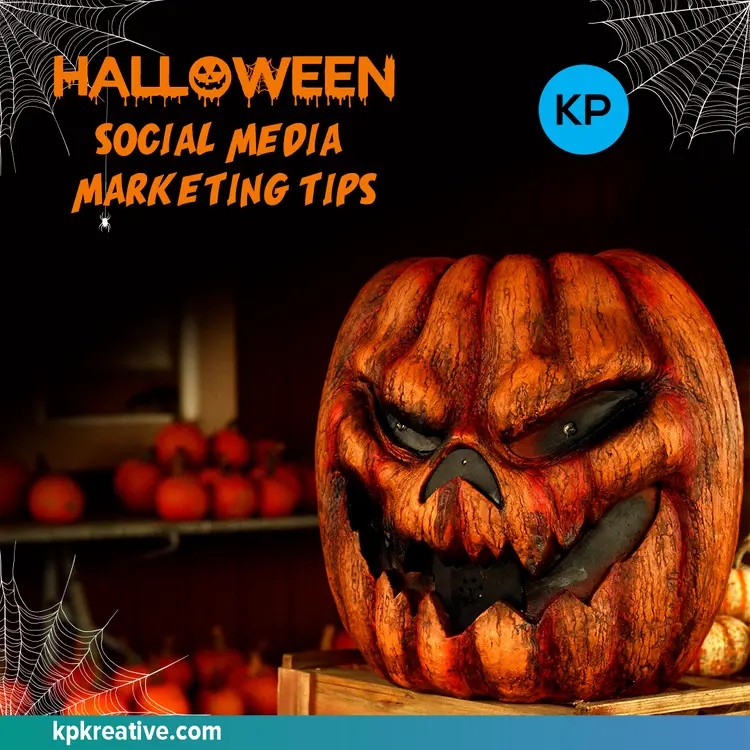Digital marketing is ever-changing and is in the midst of an interesting evolution. Historically, we’ve understood search to be a major source of traffic and leads for small and large businesses alike. As social networks continue to grow, social media marketing is even more heavily embraced. So, where should you focus your efforts and which is more important -- SEO or social media? The answer (frustrating as it may be) is that both can be key elements to your marketing strategy.
Are Social Media and SEO Competitors?
Social media management relates to posting your content on social media networks like Instagram, Twitter, and Facebook. While an SEO strategy is centered on making your content and website more searchable so people looking up particular phrases or questions about topics, products, and services related to your industry will find your site (social profiles included) in their search results.
Search is extremely important for potential customers to find your business, and social media only continues to show its significance as a marketing platform. Remember that the two approaches are not competitive forces. They might look different and serve to accomplish marketing goals in different ways, but they have overlapping goals. Ultimately, when you focus on using these two facets of digital marketing cohesively, your search results will improve.
The Social Media/SEO Connection
Social media marketing and SEO require two very different strategies, but leveraging both can help you gain traffic from a variety of sources. Think about the problem that both search and social media solve: discovering information about your brand. People search on Google to answer a specific question. They go on social media to create connections and find answers to questions they haven’t thought of. Despite these clear differences, there are some blurry areas. Take Facebook search, for example. This search feature on a social media platform is one of Facebook’s core features.
This leads most businesses to the question of how to integrate efforts across Search & Social. Stay tuned for my next post on November 6th to learn how to combine the forces of SEO and social media and develop an improved digital marketing strategy.
Related Posts

Halloween Social Media Marketing Tips
Whether you are garishly ghoulish or princess prim and proper, there are fantastic ways to get your brand in the spotlight over the Halloween Holidays.Covid-19 may have put a damper on the season of scary marketing, but you don’t have to shy away under the covers this Halloween. Get your juices flowing with some of the best Halloween campaigns from 2019

Tips to Make Your Social Media Accounts More Inclusive
We’ve long touted the impact that social media can have when it comes to spreading a message. This could be anything from sharing your latest sale to opening up about who your brand is. In celebration of Pride and our commitment to being more inclusive as an agency, we’ve put together some tips to help make your social media channels more inclusive. Along with general inclusivity tactics, you’ll also find tips on LGBTQ+ and racial inclusivity.

Social Media Marketing with Your Pet
If you know KP Kreative, you know Laudy, our Chief Barketing Officer. Not only is Laudy great for keeping things paws-itive, she also helps create unique and engaging content. In honor of National Pet Week, let’s dig in (last corny joke, I promise) to how you can make your pet a part of your marketing strategy.


